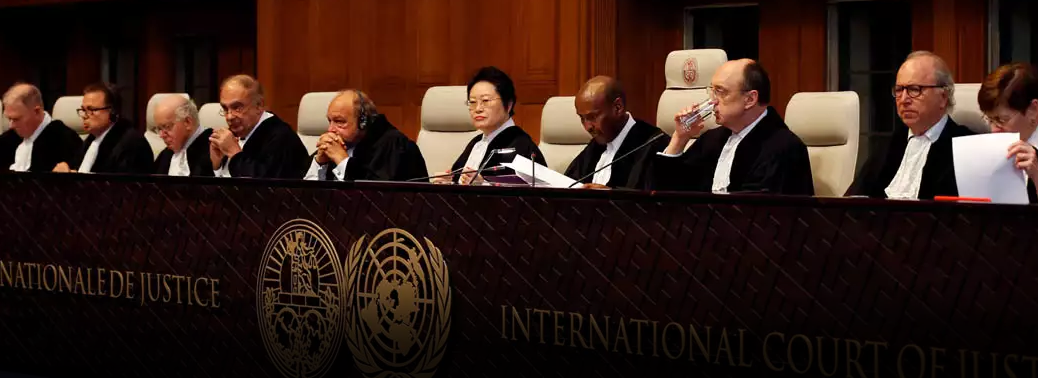Kulbhushan Jadhav Case
19, Feb 2019

Prelims level : Bilateral Relations
Mains level : GS-II “Bilateral, regional and multilateral grouping involving India or affecting India’s interest.”
- The first day of oral arguments in the Kulbhushan Jadhav case at the International Court of Justice in The Hague concluded.
About:
- India accused Pakistan of “knowingly, wilfully and brazenly” flouting the Vienna Convention on Consular Relations. India also attacked the “farcical” trial of Mr. Jadhav, who was found guilty of spying and sentenced to death by a Pakistani military court in 2017.
- It requested the court to annul the verdict and direct Pakistan to set Mr. Jadhav free on the basis of the “review and reconsideration” process that would be available to him in that country. The hearing took place without former Pakistani Chief Justice Tassaduq Hussain Jillani, who was taken ill before the proceedings commenced and before he could be sworn in as an ad hoc ICJ judge.
- Kulbhushan Jadhav was arrested in Balochistan in 2016 on charges of espionage and sentenced to death by a military court in Pakistan. While the Pakistan side claims that Jadhav is an Indian spy, New Delhi maintains that he is a retired Navy official who was kidnapped. The ICJ had ordered Pakistan to stay the execution till the adjudication of the case.
Vienna Convention:
- The Vienna Convention on Consular Relations of 1963 is an international treaty that defines a framework for consular relationsbetween independent states. A consul normally operates out of an embassy in another country, and performs two functions: protecting in the host country the interests of their countrymen, and furthering the commercial and economic relations between the two states.






